Function and graph
1/14
There's no tags or description
Looks like no tags are added yet.
Name | Mastery | Learn | Test | Matching | Spaced |
|---|
No study sessions yet.
15 Terms
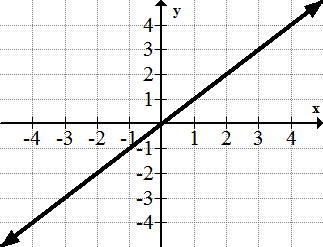
The identify function ,f(x) = x
The simplest function and all straight lines are transformations of the identity function family.
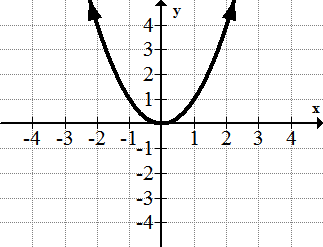
The squaring Function: f(x) = x² (parabola)
(quadratic function) is commonly called a parabola and is useful for modeling the motion of falling objects. All parabolas are transformations of this squaring function.
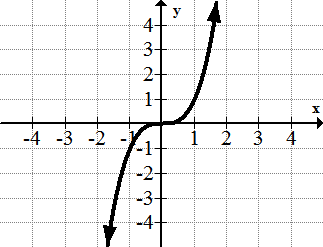
The cubing function: f(x) = x³
A different kind of symmetry than the squaring function. Since volume is measured in cubic units, many physics applications use the cubic function
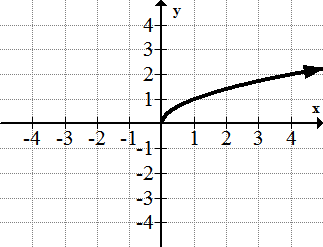
Square root function: f(x) = x^1/2
The square root function is not defined over all real numbers. It introduces the possibility of complex numbers and is also closely related to the squaring function.
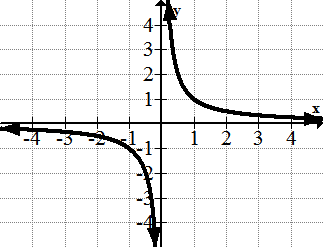
The reciprocal function : f(x) = x^-1 or 1/x
The reciprocal function is also known as a hyperbola and a rational function. It has two parts that are disconnected and is not defined at zero.
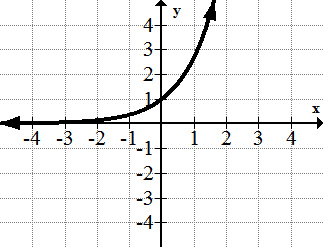
The exponential Function: f(x) = e^x
one of the first functions you see where is not the base of the exponent. This function eventually grows much faster than any power function.
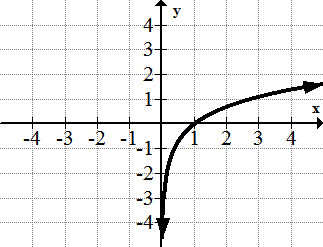
The logarithm Function: f(x) = ln(x)
closely related to the exponential function family. Many people confuse the graph of the log function with the square root function. Careful analysis shows several important differences.
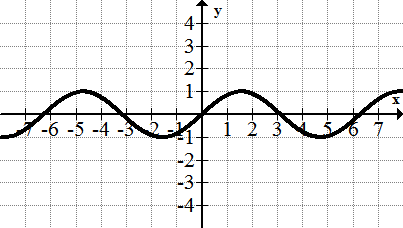
The Periodic Function: f(x) = sin(x)
The sine graph is one of many periodic functions. Periodic refers to the fact that the sine wave repeats a cycle for every period of time.
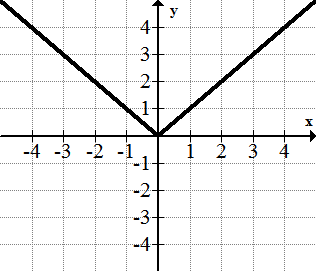
The absolute Value Function: f(x) = |x|
The absolute value function is one of the few basic functions that is not totally smooth.
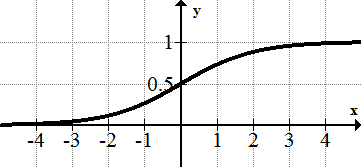
The logistic Function: f(x) = 1/1+(e^-x)
a combination of the exponential function and the reciprocal function.
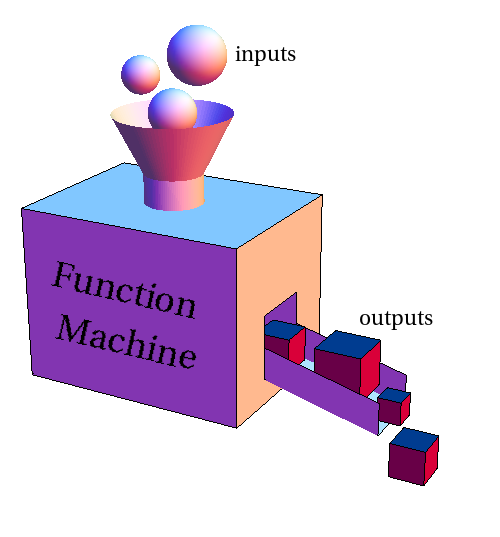
A function
a rule that takes any input and gives a specific output. When you use letters like f,g,h, or j to describe the rule, this is called function notation.
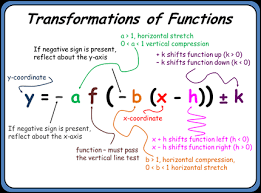
Transforming a function
You can multiply the ‘x’ by a constant and/or add a constant to the ‘x’. Example: f(x-2) or f(bx + c)
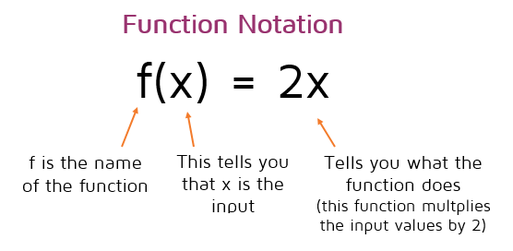
function notation
A transformation can be written in this and in point notation.

Point notation
it takes each coordinate and assigns a new coordinate based on the transformation.